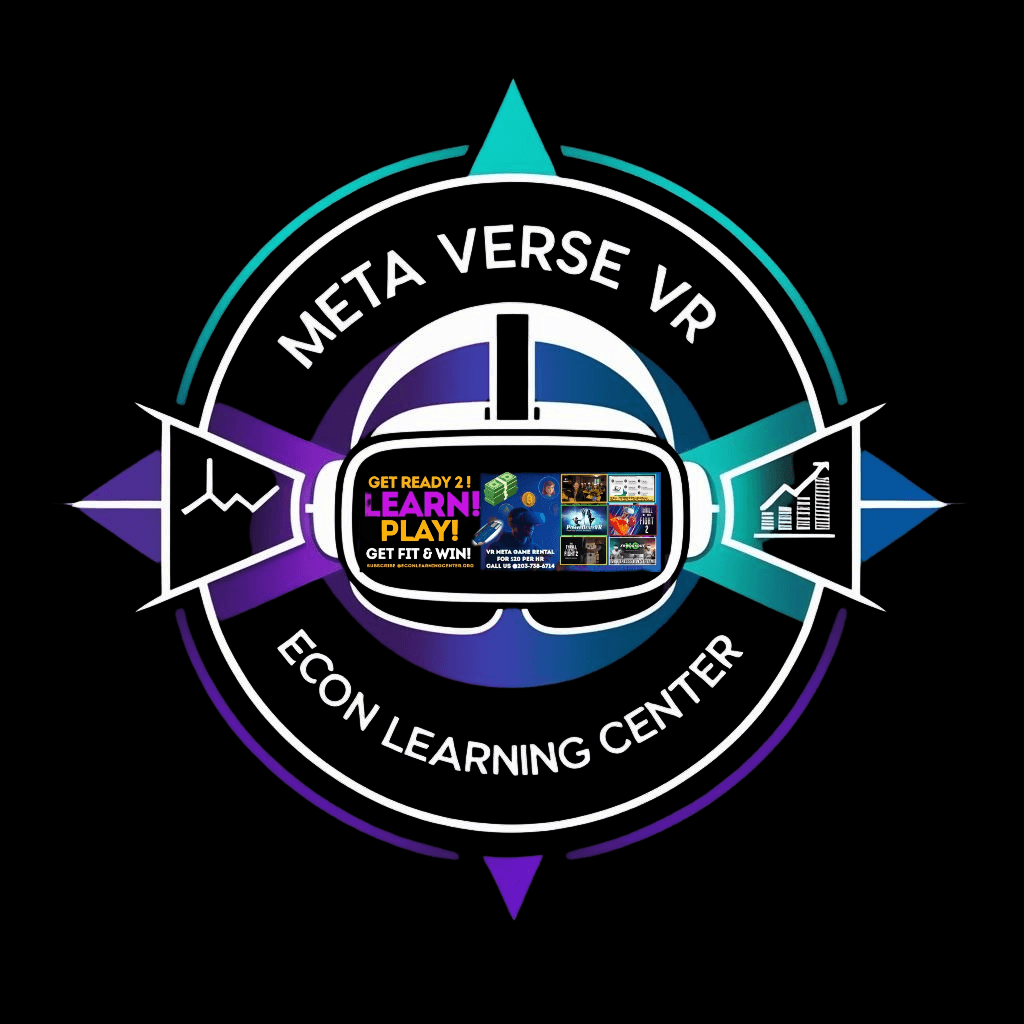- BOOK ME HERE
- About
- Giveaway Gift Rewards Contest
- ENROLL HERE
- Schedule For Our Personal Financial Development 1 Year Course
- The Challenge
- ELC SHOP CLUB
- Credit Repair and Financial Education Services
- Watch Our Business Presentation
- Contact
- FAQ
- Econ Learning Center Blog
- Terms of service
- Econ Learning Center Channel
- Credit Secrets Live Tv
- ELC Meta Verse Vr Fitness ED Games
How to Choose the Right Computer Learning Course for Your Child
Understanding Your Child's Needs and Interests
Choosing the right computer learning course for your child begins with understanding their needs and interests. Are they fascinated by how websites work, or do they dream of creating their own video games? Identifying their passion will help you select a course that keeps them engaged and motivated. It's essential to talk to your child about what they would like to learn and explore.
Consider their learning style as well. Some children thrive in structured environments, while others excel with self-paced learning. Understanding how your child learns best will guide you in choosing an appropriate course format.

Evaluating Course Content and Curriculum
Once you have a clear understanding of your child's interests, it's time to dive into evaluating the course content and curriculum. Look for courses that offer a comprehensive overview of computer science fundamentals if your child is a beginner. If they have some experience, opt for more advanced topics that challenge and expand their skills.
Ensure the course includes a mix of theoretical knowledge and practical application. Hands-on projects and real-world examples can significantly enhance learning by providing context and allowing children to apply what they've learned.
Considering the Instructor's Expertise
The quality of instruction can make or break a learning experience. When selecting a course, research the instructors' qualifications and teaching experience. An instructor with a strong background in computer science and experience working with children is ideal.
Many platforms provide instructor bios and reviews from previous students. These insights can help you gauge whether the instructor's teaching style aligns with your child's learning preferences.

Assessing Course Format and Flexibility
Course format is another critical factor to consider. Options range from live, instructor-led classes to self-paced modules. Choose a format that aligns with your child's schedule and commitment level. If they're juggling schoolwork and extracurricular activities, a flexible, self-paced course might be more suitable.
Additionally, some courses offer interactive elements such as quizzes, peer collaboration, and forums for discussion. These features can enhance engagement and provide opportunities for social learning.
Budgeting for Your Child's Education
While there are numerous free resources available, investing in a paid course often provides access to more structured content, expert instructors, and additional resources. However, it's crucial to set a budget that you're comfortable with. Many platforms offer free trials or money-back guarantees, allowing you to evaluate the course before committing financially.

Seeking Feedback and Reviews
Before finalizing your decision, seek feedback from other parents or guardians whose children have taken similar courses. Online reviews can provide valuable insights into the course's effectiveness and the overall learning experience. Look for feedback on curriculum quality, instructor interaction, and student engagement.
Engaging with online communities or forums dedicated to education can also offer recommendations based on firsthand experiences.
Ensuring a Supportive Learning Environment
Once you've chosen a course, it's important to create a supportive learning environment at home. Set up a dedicated study space free from distractions where your child can focus on their coursework. Encourage them to establish a routine that includes regular study sessions balanced with breaks.
Your involvement can also play a significant role in their success. Check-in regularly to discuss their progress, celebrate achievements, and address any challenges they might face along the way.

Encouraging Lifelong Learning
Choosing the right computer learning course is just the beginning of your child's journey into technology. Encourage them to view learning as a lifelong process. Foster curiosity by exploring additional resources such as coding clubs, online forums, or community workshops.
By nurturing their interest early on, you can help them build a strong foundation in computer science that will serve them well in future academic and career pursuits.
